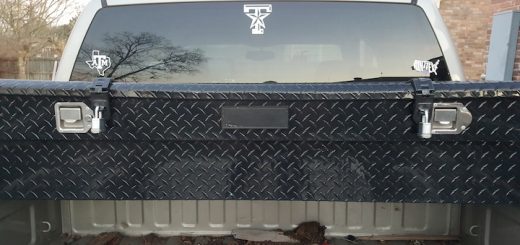Choosing the Right Jockey Wheel: Ensuring Safety and Durability for Your Caravan or Trailer
Ask any caravan or trailer owner what’s their biggest concern after they’ve unhitched, and they’ll probably tell you it’s not knowing whether their jockey wheel is going to give them a problem. Accidental trailer hitch strikes, a lack of regular maintenance, and even occasional overloading can all contribute to a jockey wheel or trailer stand that’s bent, unable to rotate, or fully retract or extend.
Regardless of the type or size of trailer or caravan you have, a compromised jockey wheel is more than just an inconvenience. A bent or weakened assembly is going to have difficulty supporting your trailer, and if the damage is enough to prevent it from staying locked in position, it could end up collapsing at the worst possible time.
In short, you can’t afford to neglect your jockey wheel’s condition. If it needs to be replaced, you need to replace it; and fortunately, they’re available online for you to order anytime.
Australian-Made Jockey Wheels for Any Trailer or Terrain
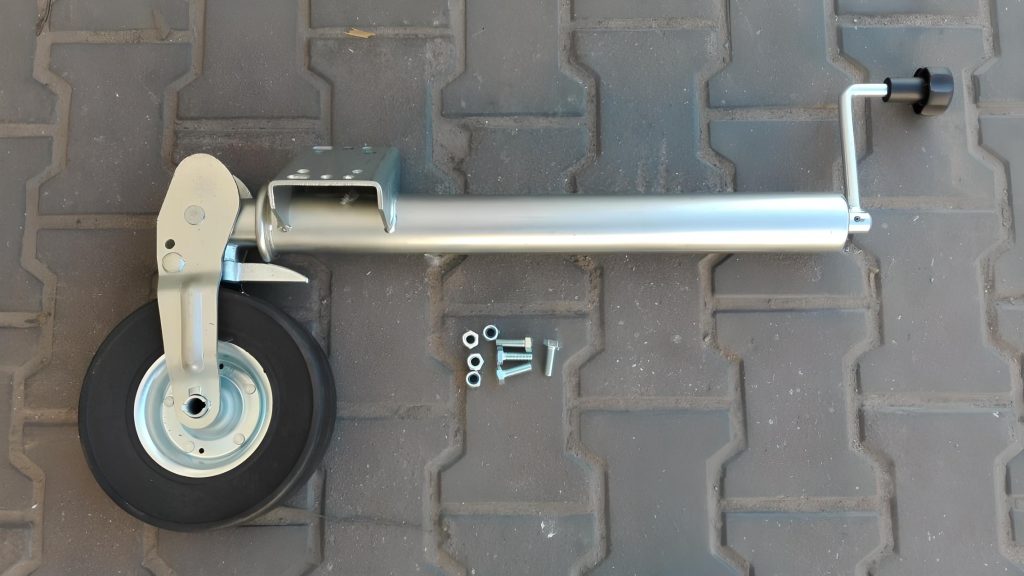
Let’s be honest: while shopping for a new, heavy-duty jockey wheel for sale won’t be the most exciting purchase you’ll ever make for your caravan or trailer, it can quickly turn out to be one of the most important. Replacing a damaged or malfunctioning jockey wheel or trailer stand is an essential part of keeping your trailer safe; and at no time is that likely to be more evident than the moment right before you hitch and unhitch.
From raising or lowering your trailer to hitch-up before you roll out, to leveling or tilting a roll-on when you’re ready to unhitch, your jockey wheel is as responsible for adjusting your drawbar height as it is for helping you to safely maneuver when it’s unhitched. Not all jockey wheels and trailer stands are the same though, and depending on the size of your trailer, or the extent of mobility you need when it’s not hitched, there are 3 main types to choose from: swings and clamps, and standard stands.
- Swing-type jockey wheels. Heavy-duty, swing-type jockey wheels are typically rated for 400kg static loads, feature a release handle that allows the complete assembly to rotate securely into a horizontal position along your drawbar, and are ideal for all kinds of caravans, campers, and trailers.
- Ribbed, clamp type jockey wheels. Clamp type, 350kg static loading jockey wheels consist of a sleeved, multi-positional wheel that’s attached to the trailer’s drawbar by either a bolt-on or weld-on clamp, and can ordinarily be removed when not in use to prevent loss or theft.
- Trailer jockey stands. Instead of a wheel, swivel-type 400kg static loading stands feature 5mm thick baseplates with wind-up handles, and are best used with trailers that can be jockeyed by hand, or in small or tight spaces.
With tyre sizes ranging between 150mm and 250mm, and a choice of either full rubber, or steel-centred rubber compositions, Australian-made replacement jockey wheels for sale are suitable for any terrain that you’re prepared to venture onto. With maximum raised and lowered heights ranging between 910mm and 540mm, you never have to worry about the ground clearance problems that you might be experiencing with your trailer’s OE assembly.
Unmistakeable Indicators That Your Jockey Wheel Needs Replacing
Make no mistake: while it’s certainly possible to enjoy years of problem-free service from your caravan or trailer’s OE jockey wheel, it only takes one unfortunate strike from a trailer hitch to effectively destroy an assembly. And once it happens, the signs that your jockey wheel could have irreparable damage are unmistakable, including:
- Visible tube damage. Not only can hard knocks, ground strikes, and severe overloading lead to a bent jockey wheel tube and a weakened fastening clamp or swing plate, but it could also indicate that the threaded lift shaft has been damaged.
- Problems pivoting. Together with severe drawbar hits while the jockey wheel is grounded, placing too much weight on your drawbar can result in yoke and wheel damage that makes jockeying impossible, while also limiting you ability to secure the wheel in an upright position.
- Wheel damage. If your jockey wheel is dried out, split, or has separated from the rim, not only will moving your trailer when it’s unhitched be difficult, but there’s also a possibility of the trailer shifting if the wheel comes completely off the rim.
You should also keep in mind that a jockey wheel doesn’t need to suffer an impact to become a casualty. Failing to follow a regular maintenance schedule that includes repacking the tube’s roller bearings and lubricating the lift shaft can also lead to unanticipated jockey wheel failure. These are all reasons that you need to inspect your assembly thoroughly, and ultimately, not ignore when it needs to be replaced.
What to Look for in a High-Quality Replacement Assembly
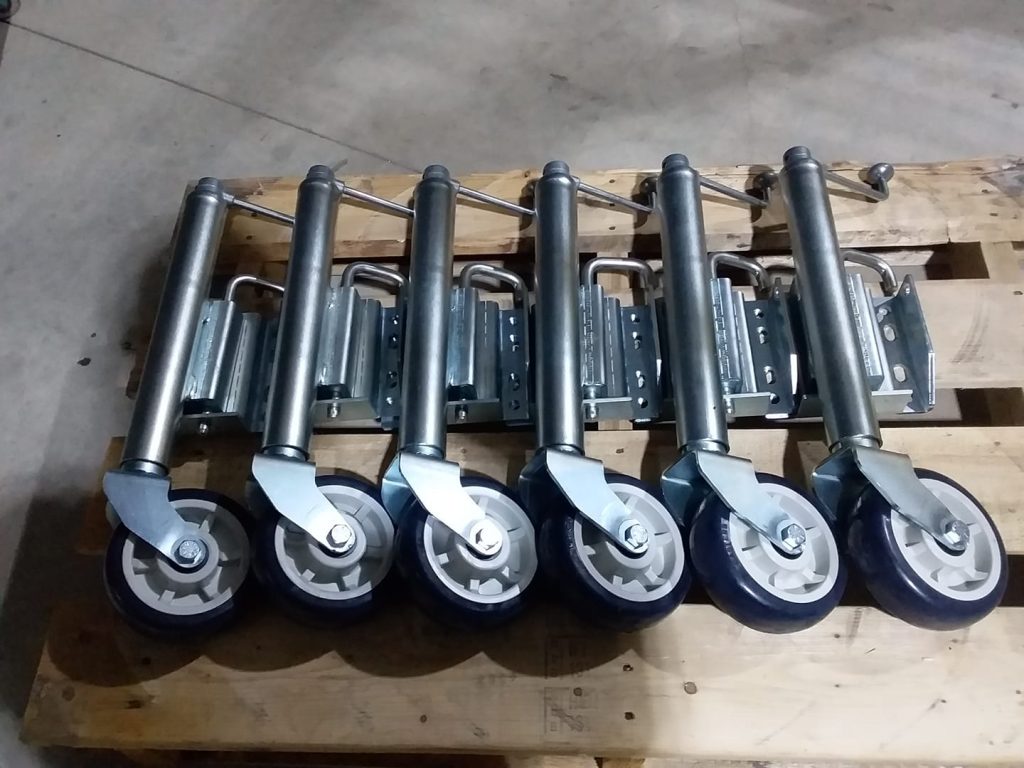
If experiencing a problem extending or retracting your jockey wheel wasn’t already enough to cause a concern, the biggest risk is having the assembly collapse when its under load. And while hard strikes and minimal maintenance can contribute significantly to collapses, the fact is, lesser quality OE jockey wheels are more prone to failure than their higher quality aftermarket counterparts.
When it comes to durable, extra-strength jockey wheels, Australia makes some of the toughest assemblies on the market, and they boast a range of qualities that include:
- Heavier duty construction. Thin, lightweight tubes and yokes aren’t strong enough to withstand hard hitch impacts, which is why the jockey wheel you want is going to boast heavy-duty, corrosion-resistant steel construction that’s built to last.
- Heavier static load capacities. Because you can’t always predict how much weight is going to end up on your drawbar, you only want to buy jockey wheels with the highest possible load capacity that can be fitted to your drawbar.
- Positive locking. When you’re replacing jockey wheels, swivel-mounted assemblies with positive locking pins are the best choice when it comes to avoiding unexpected collapses.
Sturdy construction is everything; and ideally, with a new, heavy-duty jockey wheel, you don’t have to worry about it collapsing under the weight of your trailer, even if it’s been damaged.
The Final Word
At the end of the day, no matter if you’re on the highway, or only parked in your own driveway, safe trailering has to be your main priority. The result of a defective jockey wheel becoming dislodged or rotating out of position while you’re driving, or even collapsing while you’re parked be catastrophic; that means if you’re experiencing problems with your jockey wheel, you need to replace it as soon as possible.
Regardless of whether you’re moving or not, investing in a new, heavy-duty jockey wheel for sale is the best way to ensure that your caravan or trailer is safe under all trailering occasions. They’re not big investments, but they can make a big difference.


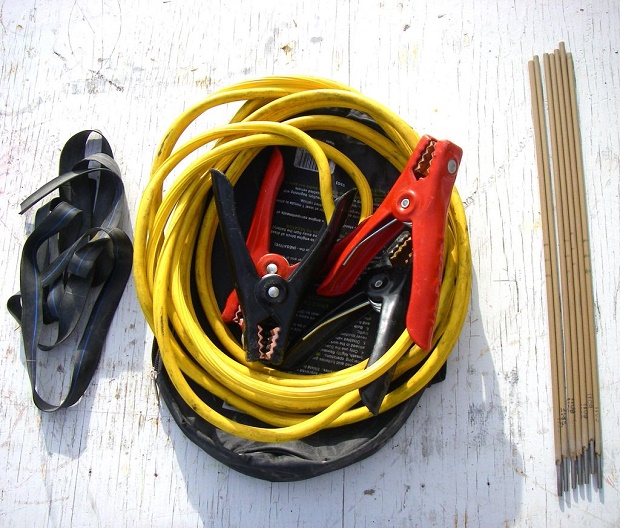



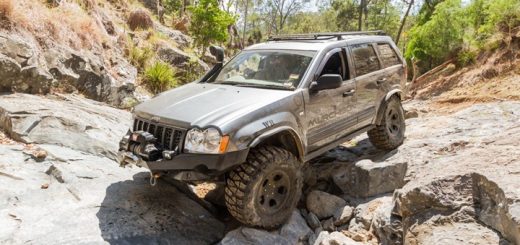
![AFX Sauber F1 C44 Stake No24 Slot Car [22092]](https://www.availableonline.com.au/wp-content/uploads/2025/06/6ccd9e30-c6fa-4910-9081-5fcc3ba80b04__60843-520x245.jpg)
